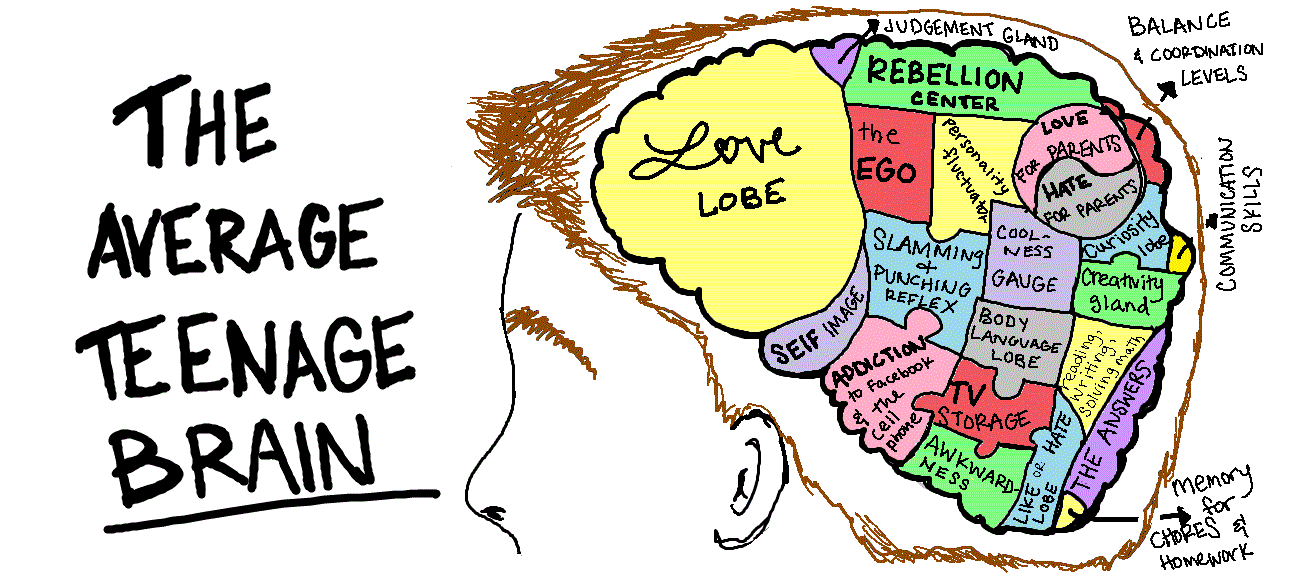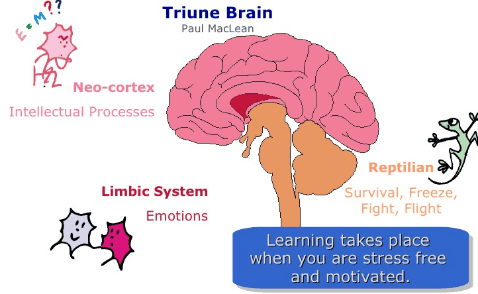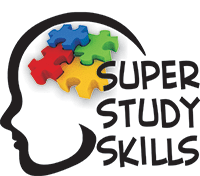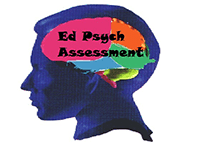The BSU presented a talk to the staff about Executive Functioning and the implications for learning. This topic has been divided into a series of talks to enable us to grapple with a topic that has gained ground in providing valuable insight into learning. The first talk in the series offered some background research into why adolescents in particular experience heightened challenges in the classroom. Talks to follow will address further practical strategies to implement in the classroom to support adolescents’ developing learning experiences.
Session 1: Executive Functioning – The Adolescent Experience
“Executive Functions are those cognitive capabilities that enable independent, purposeful, goal-directed behaviour.” (Randy Kulman)
In a nutshell, this refers to how one is able to organise oneself to get things done. This involves a lot of self-regulation of both thinking and behaviour so as to set and work towards goals.
Executive Functioning recognises the 6 components to learning, as indicated below. Whilst learners can have strengths in some areas, the challenges in one can have a knock-on effect on the others.
The Adolescent Brain
Despite what we think may fill up teenagers’ brains, neuroscience points to the window of opportunity for learning as a result of the stage of development of the adolescent brain. During this time, the neural connections become streamlined to deepen interests, develop learning habits, and translate knowledge into long-term stored memory.
On the other hand, whilst the brain connections are being primed for optimal learning, adolescent behavioural control as dictated by the reptilian ‘fight-or flight’ and emotional centres can overpower the rational, thinking brain (prefrontal neo-cortex). As such, when the adolescent feels threatened, he can literally “flip his lid” (to borrow Dan Siegel’s term) whereby his emotions and fight-or-flight responses override his ability to rationally problem-solve.
As the rational brain continues to develop well into one’s twenties, hormonal changes specifically in adolescence result in reduced emotional stability and impulse control, as well as the need for sleep. Boundaries are pushed and risky behaviour increases as teens establish their identities. As such, there is a dire need for stable role models in parents and teachers who can demonstrate rational thinking in times of uncertainty and stress.
With so many physical and emotional changes going on, the teenager is very much a work in progress, which poses for interesting implications for teaching and learning indeed!
Stay tuned for the next in the series!
Please click on the link to download the first presentation: Executive Functioning presentation
Research that inspired the presentation:









